April is international Earth Month, a time to reflect on this beautiful planet we live on. You might recognize Earth Day, or Parks Week, both of which fall in April, as a celebration of the natural world. If you’re interested in learning how to protect and enjoy our planet, keep reading!
If you enjoy animated fantasy films with plucky protagonists, check out the first 3 movies on this list. The bottom 4 are documentaries, some dramatized, some not. All have something to teach even the most dedicated environmentalist. And stick around for three honorable mentions at the end!
A lone prince seeking to heal his curse. A princess protecting her wild forests. A community destroying the forest to create a safe space. All three collide in this beautiful and epic tale of progress versus protection.
One of the reasons I loved this movie so much was because it challenged my view of what was “wild” and what was “human”. Throughout the film, the line is consistently blurred, and it becomes difficult to take sides. Mononoke is part of the environment, raised by the forest gods, but her ruthlessness and desire for revenge also make her part of the problem, causing needless bloodshed. Lady Eboshi wants to destroy the forest gods to mine, yet she also supports the sex workers and lepers’ of her town, raising them from poverty and giving them a haven to live and work. Through it all, Ashitaka tries to stop the bloodshed, seeing something to be saved in both of them. The movie becomes a masterclass in morally gray characters, challengingly asking the question, “Do the ends really justify the means?”.
As with all Studio Ghibli movies, “Princess Mononoke” is gorgeously drawn and animated. Lush colors and luminous spirits make up this film, and each frame is a masterclass in animation. I would recommend this movie to anyone and everyone.
Though WALL-E did not expect to determine the fate of mankind, his adventures through space to be reunited with his only friend do just that.
This beloved Pixar film is a staple of environmentalist films. Most of its commentary revolves around how waste and overconsumption lead to an unlivable planet, and robots – usually depicted as emotionless vessels – bring love and life back to planet Earth. Love, past, present, and future, creates connections, robots to robots, robot to humans, humans to humans. WALL-E’s connection for his old world trinkets, his new friend EVE, and the humans and robots he meets along the way, guide him throughout the movie. His expressiveness brings him alive, he finds meaning and purpose in his love. Though some may say it’s unpractical, the sentimental in me deeply appreciates the message that love is at the core of the solution to our environmental destruction. It’s a deeply touching film, one that I suggest you revisit or watch for the first time. Even though technically created for a child audience, WALL-E has something for everyone.
Ted Wiggins is just a boy – a boy with a crush. His simple desire to impress his crush leads him to the wasteland outside his artificial town, and to discovering the truth about what happened with the trees.
The Lorax is nothing short of a modern classic, and its story is one most people are familiar with. This movie navigates the dangerous path of rampant consumerism and monopolies, as well as oppressive regimes constantly overstepping their power and invading the privacy of their citizens. The Lorax is the “guardian of the forest”, protector of the truffula trees and all the animals around them. Though initially the Once-ler, a foreigner in the forest, agrees to use the truffula responsibly, his greedy relatives quickly convince him otherwise. The Lorax becomes powerless as the Once-ler is swept up into the throws of greed and fame. Not only does The Lorax show the dangerous effects of exploiting the environment, it also shows the almost inherent link between greed and destruction, power and pollution, profit and stripping the land of it’s resources.
A loyal corporates lawyer, Robert Bilott, is faced with the most challenging case of his life when a lone farmer walks into his office, asking him to look into unexplained deaths near the DuPont chemical plant. A plot of lies and danger unfurls in front of them, and slowly, the truth is revealed.
Dark Waters is a truly heart racing movie, one I could not tear my eyes away from. It’s cinematically intense, beautifully written, with strong actors and a heart wrenching story of sacrifice and suffering, but also love and commitment. Though the film is certainly dramatized, it still points out the corrupting affects of corporate greed. Not only do you feel empathy for Robert, as he struggles through a difficult case, but also for the residents of the town, who struggle to come to terms with the suffering being wrought upon them by a merciless corporation. The dark dance of politics plays out for us to see, but the real heart of the film is the victims of the tragedy, many of whom actually appear in the film.
While Planet Earth II is technically a mini series, not a film, it is a jumping off point for anyone who loves the natural world. Narrated by beloved British journalist Sir David Attenborough, Planet Earth II expands on Planet Earth I, discussing the ecology of different habitats. Animals and plants on islands, mountains, deserts, and more, all get a unique spotlight in this beautiful film. I consider this “required watched” for any environmentalist, as it shows the beauty and complexity of what we’re working so hard to preserve. Though the focus is more on displaying all the natural world has to offer, it does touch on the environmental changes of different regions. If you’re looking to learn, be entertained, and enjoy beauty in all it’s forms, then Planet Earth is a series for you.
I can firmly say that this Patagonia film changed my life. The passion of everyone in this film sparked something inside me, a deep desire to fight for something bigger than myself: the beautiful land we are blessed to live on.
The narrative this film weaves is not subjective. It is raw emotion, a fervent cry for citizen support, to protect our breathtaking, sacred lands, something huge corporations seek to exploit. This exploitation would tear apart something so deeply important to our shared heritage, causing irreparable destruction. One thing that makes this documentary so moving is it’s focus on indigenous voices. Showing the many First Nations peoples fighting for a right to live and enjoy their own lands makes for an even more impassioned story. Though it may seem like an uphill battle, the people interviewed for this film are never going to give up, no matter how hopeless the situation may seem. Yet we continue to make progress, bit by bit.
One of the main criticisms of Public Trust is that it shies away from the issue of the meat industry’s affect on the environment. Cowspiracy does no such thing. In fact, it’s main objective is to show you just that.
Animal agriculture impacts a great deal of the environment. It affects greenhouse gasses, deforestation, water and other resource use, even ocean dead zones, thousands of miles away. This documentary shows the journey of a young environmentalist, who dives deep into why that is, the regulations and economy (hint: it’s ridiculously profitable for huge farming corporations) around agriculture farming, and the organizations that are trying to change the system, as well as the ethics of the mass animal farming. With a few jokes thrown in for good measure, this movie will make you look at your hamburgers in a new way. Many viewers discuss how this movie impacted their choice to go vegetarian or vegan. If you enjoyed this documentary, check out “Seaspiracy”, which has a similar premise, but discusses the impacts of the fishing industry.
Honorable Mentions:
Norah Snyder is a freshman studying Environmental Science through the College of Arts and Science and O’Neill School for Public and Environmental Affairs. They have been working at the library for one semester, and have enjoyed all the new movies this job has exposed them to. Norah enjoys spending time outdoors, hiking, wading in streams, and looking for frogs and turtles to shoo away before their dogs finds them.
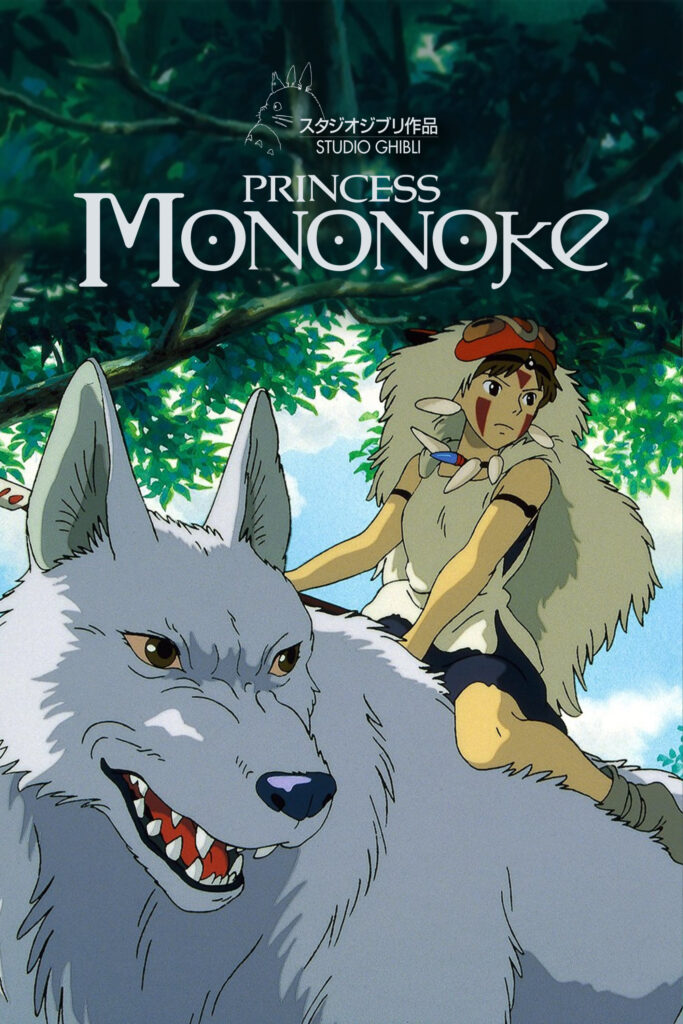
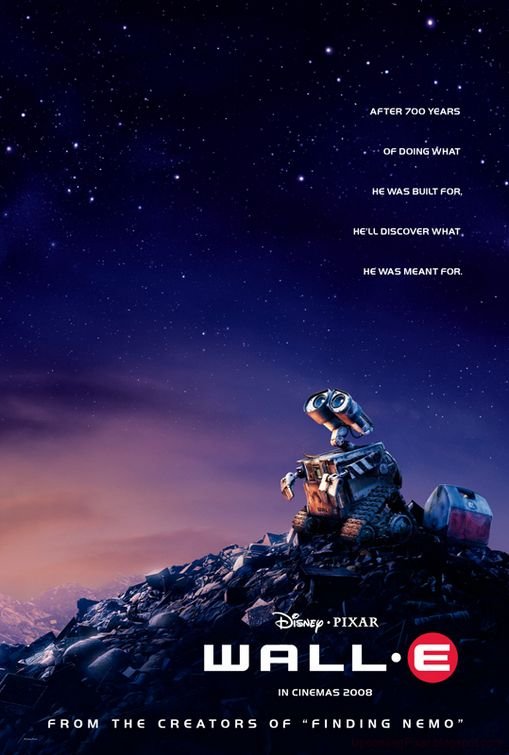
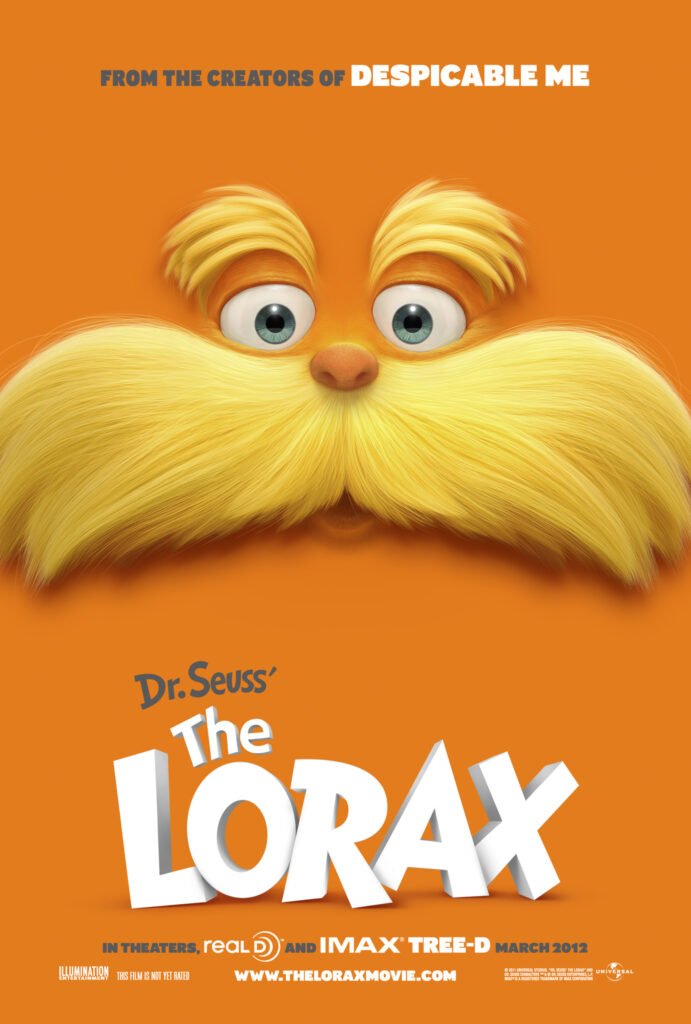
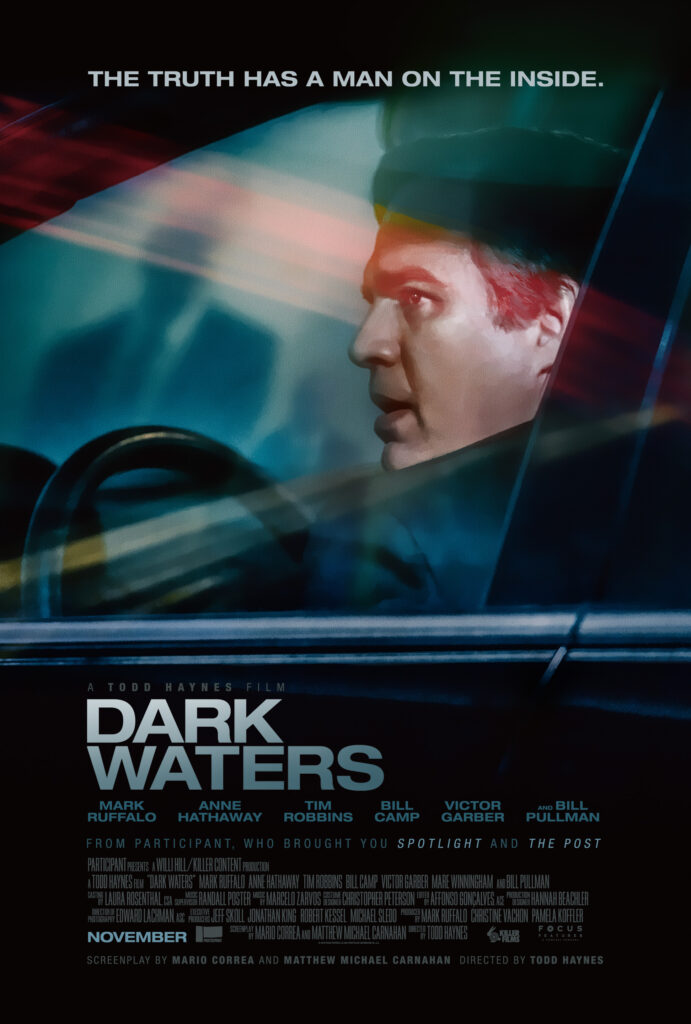
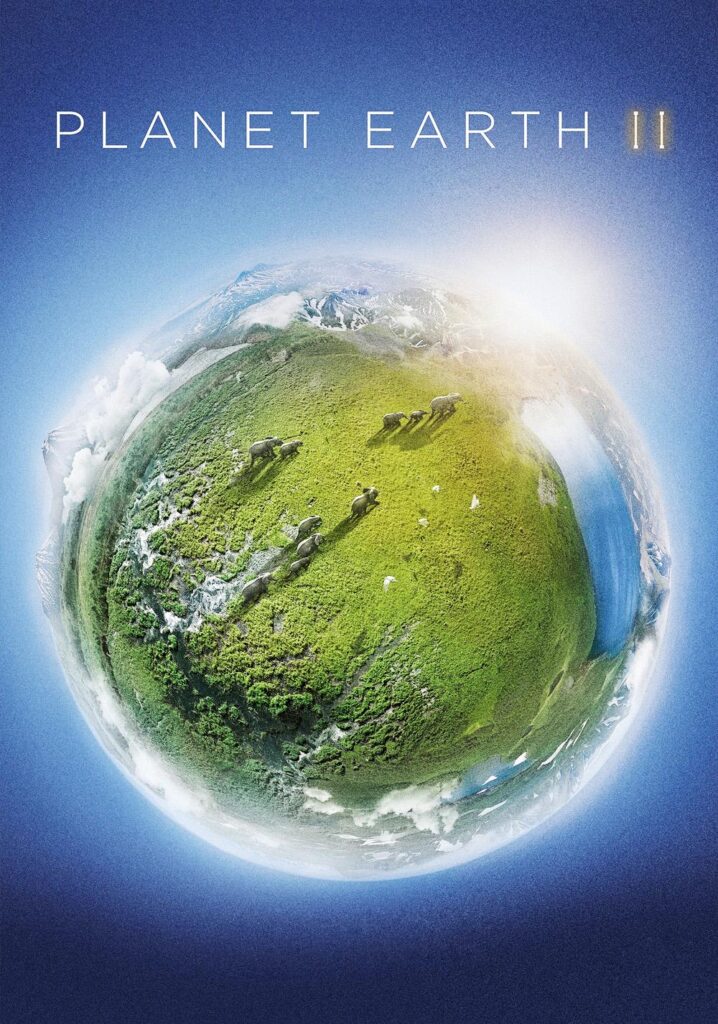
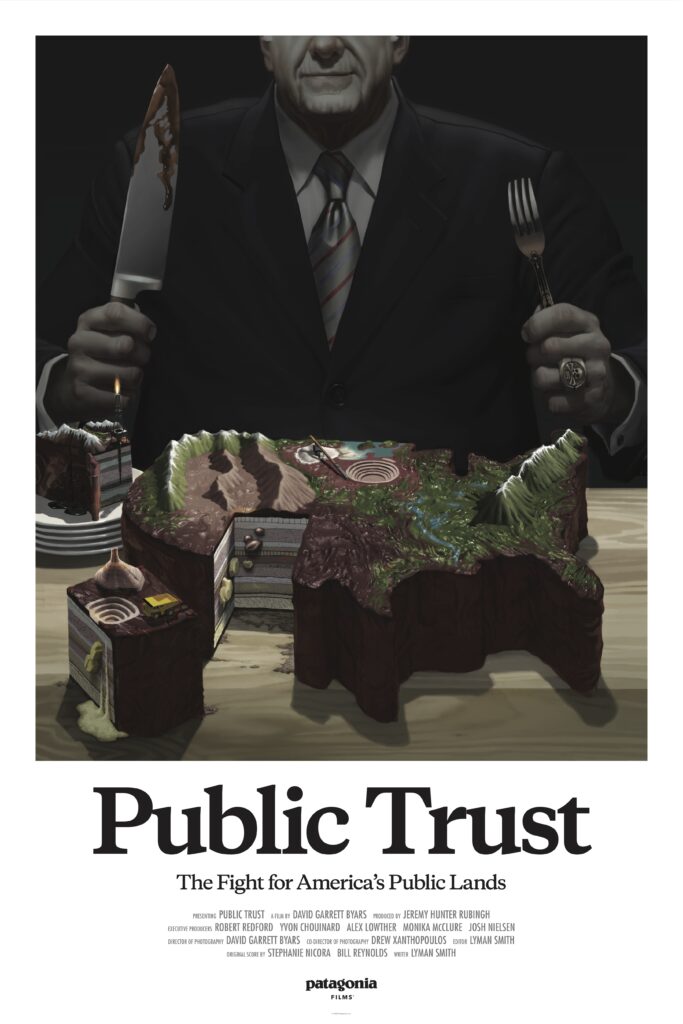
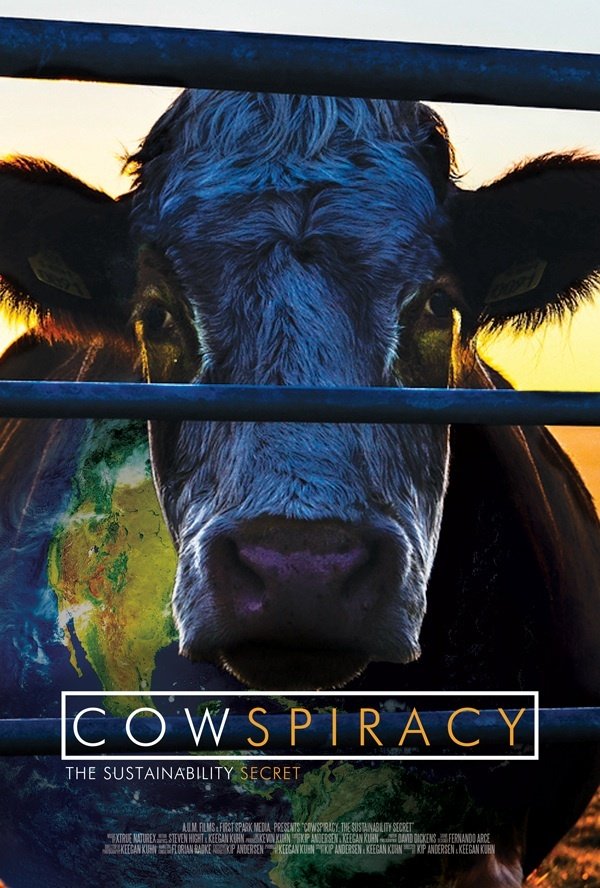
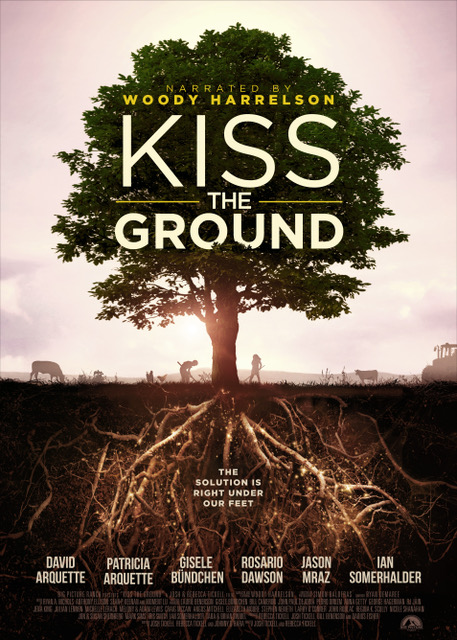
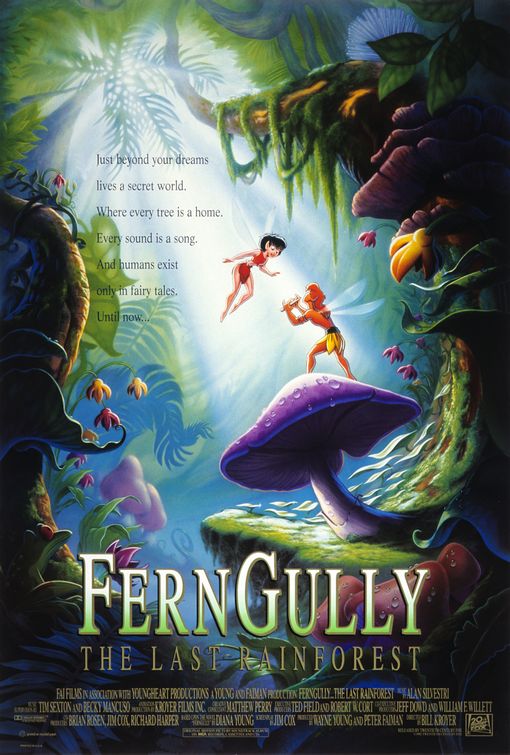
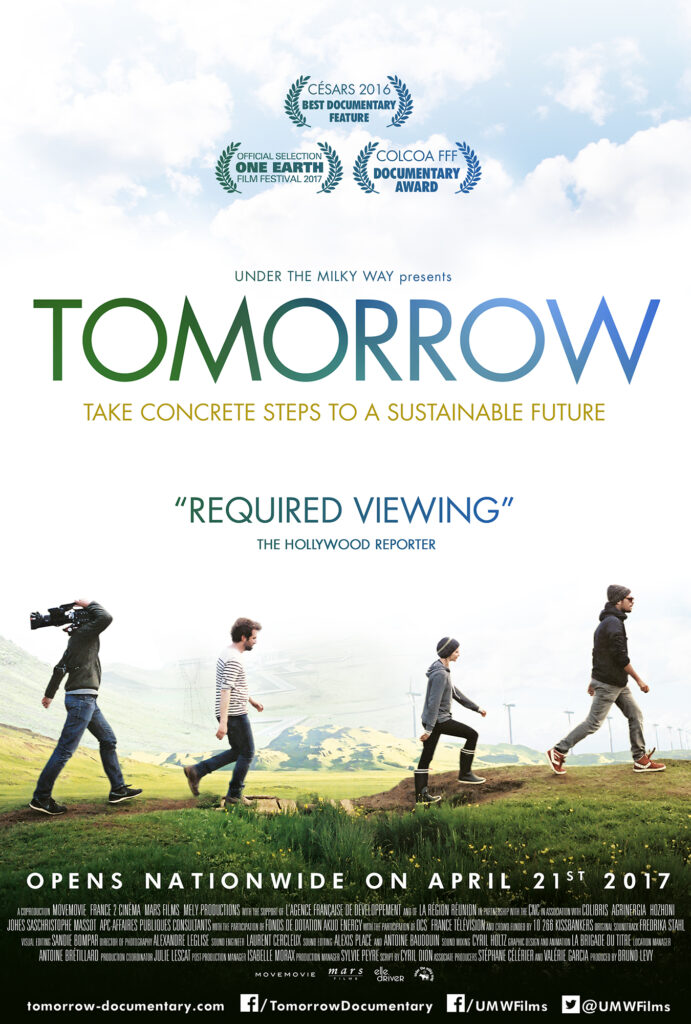
Leave a Reply